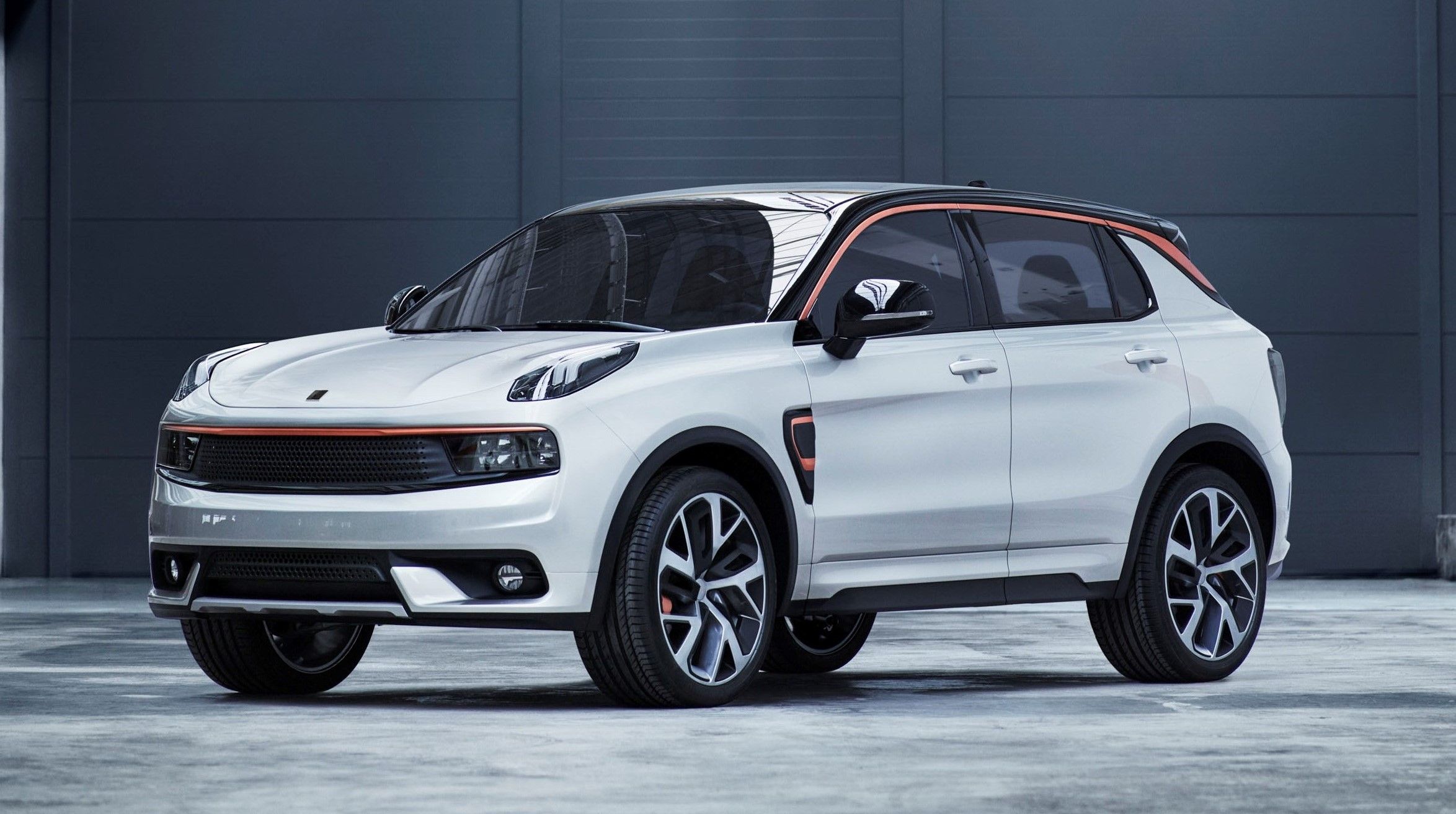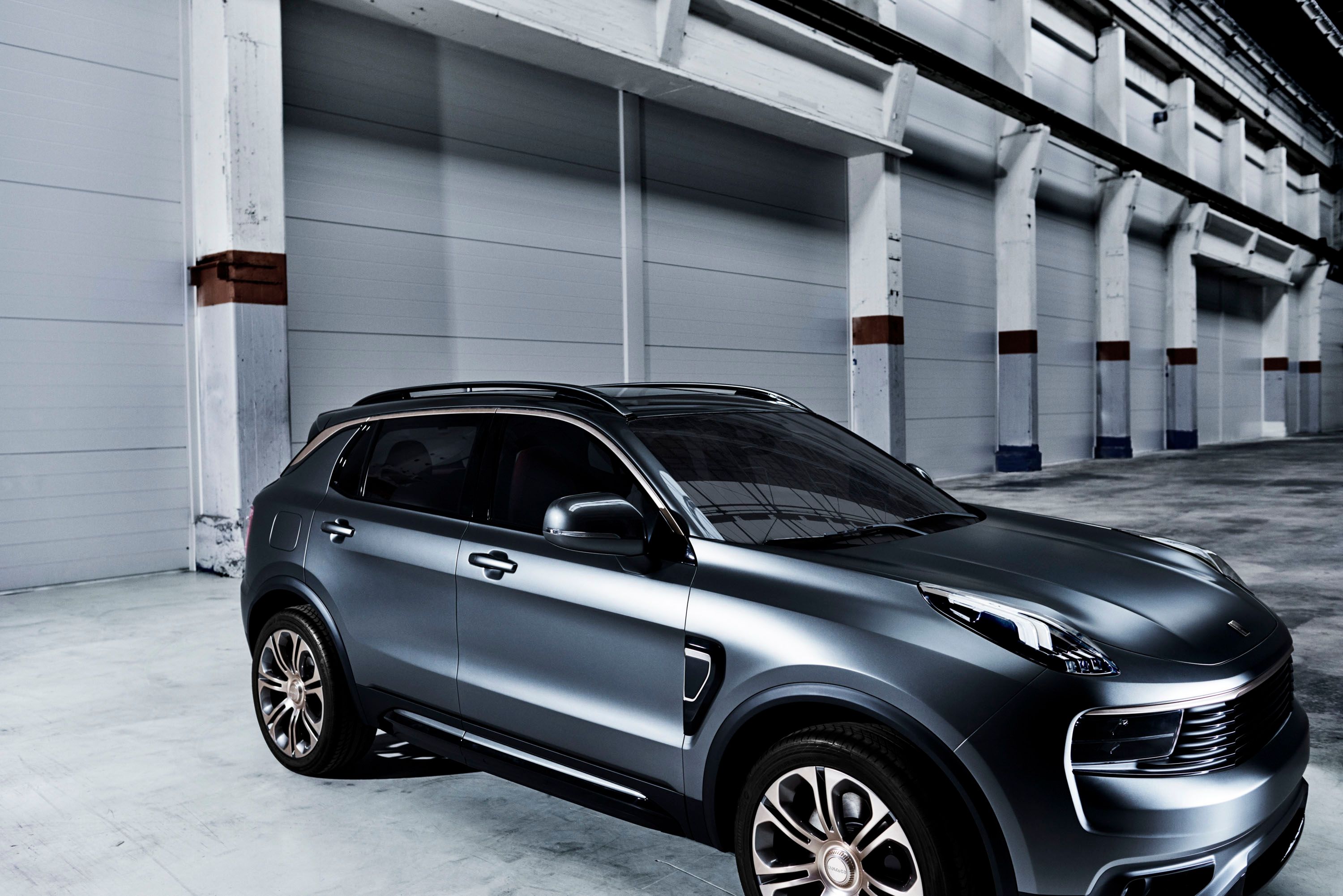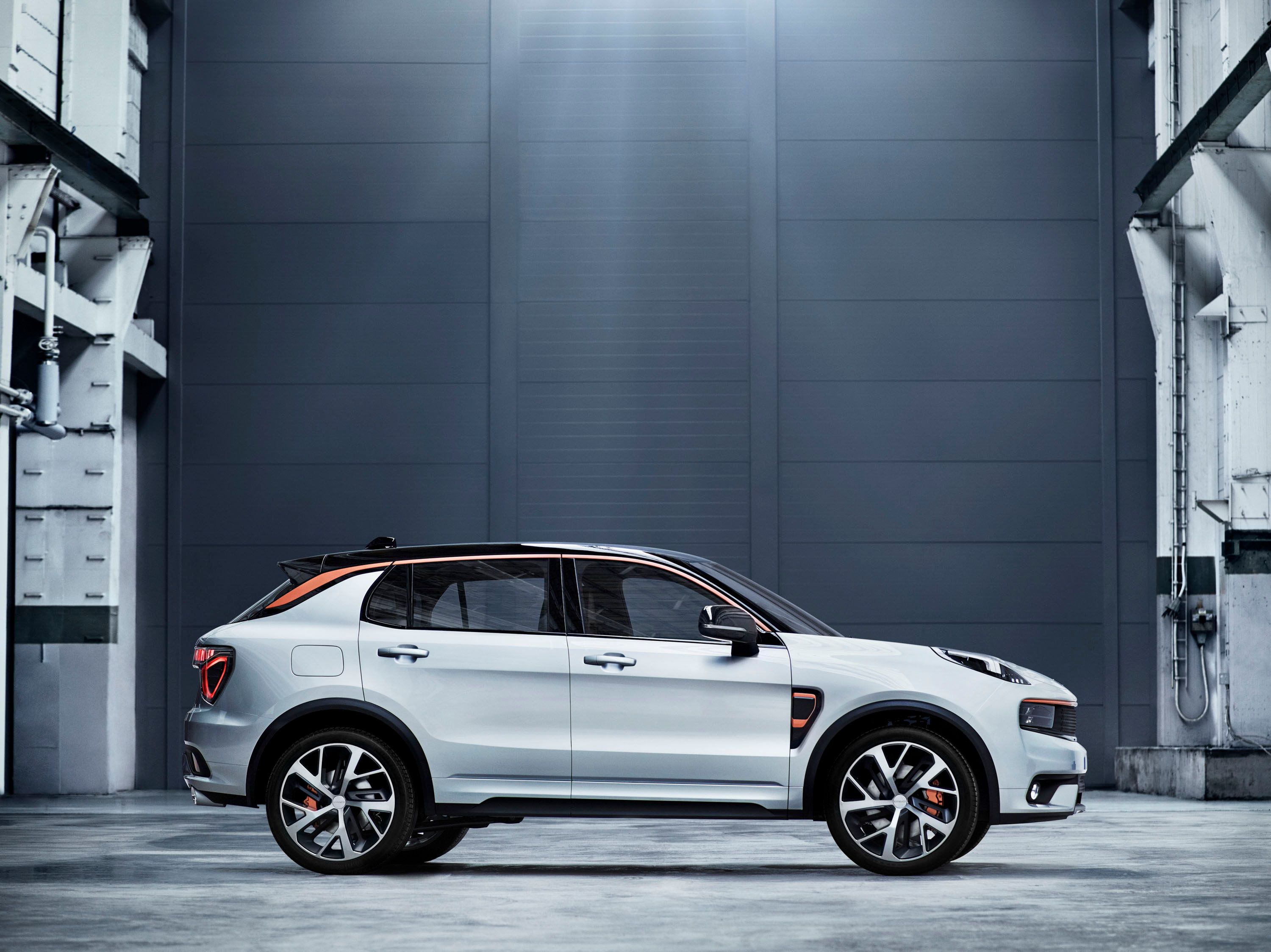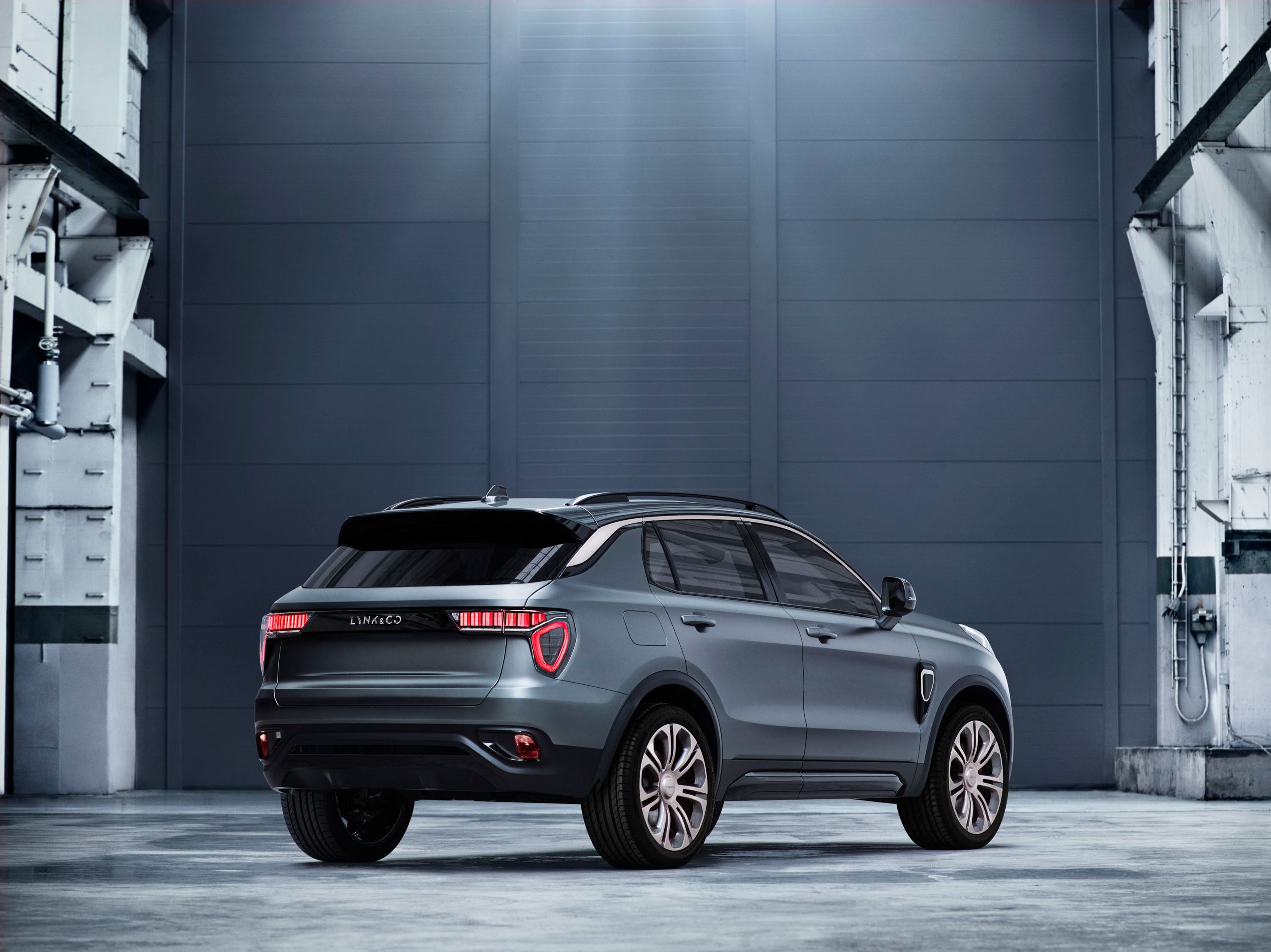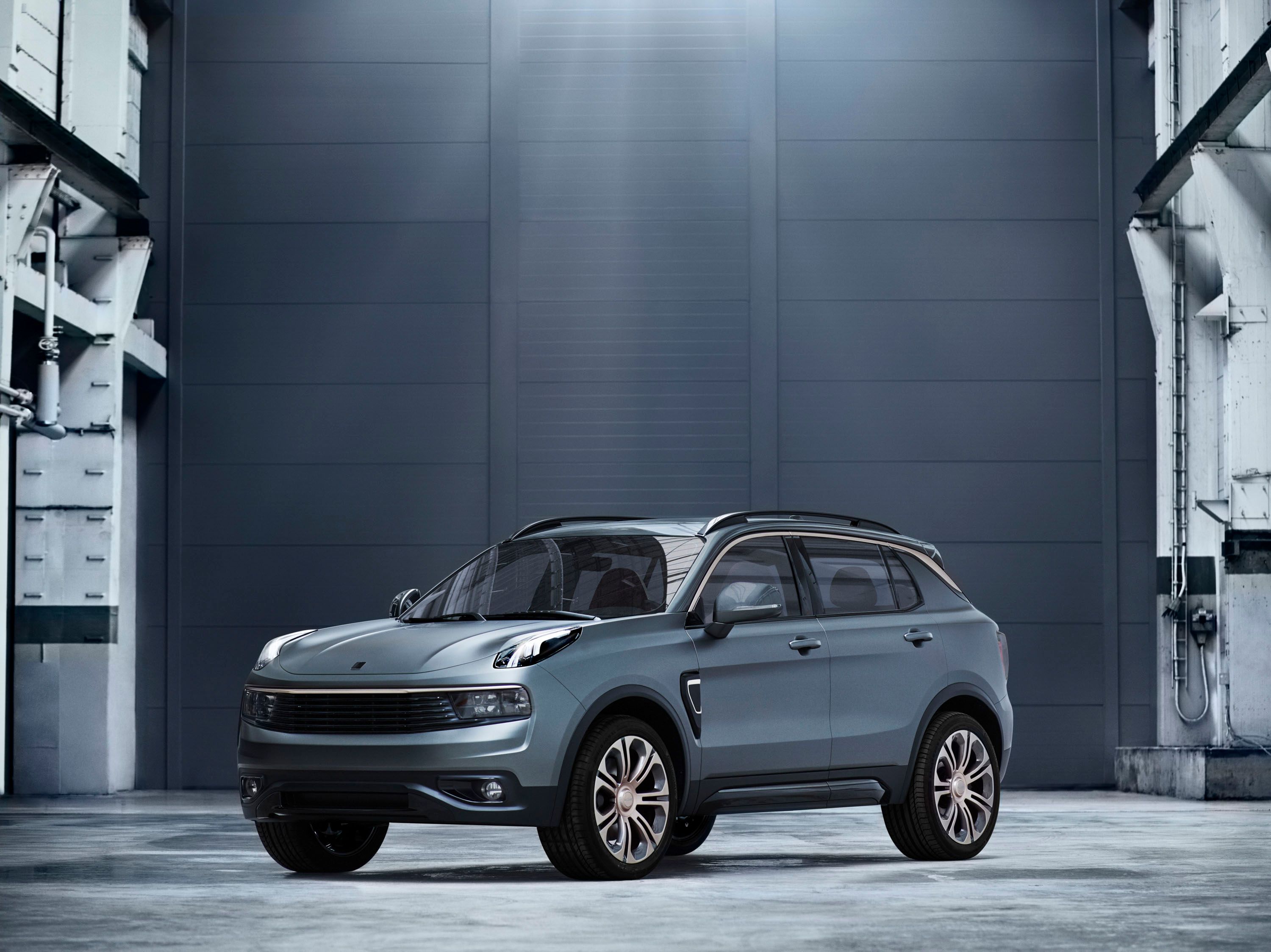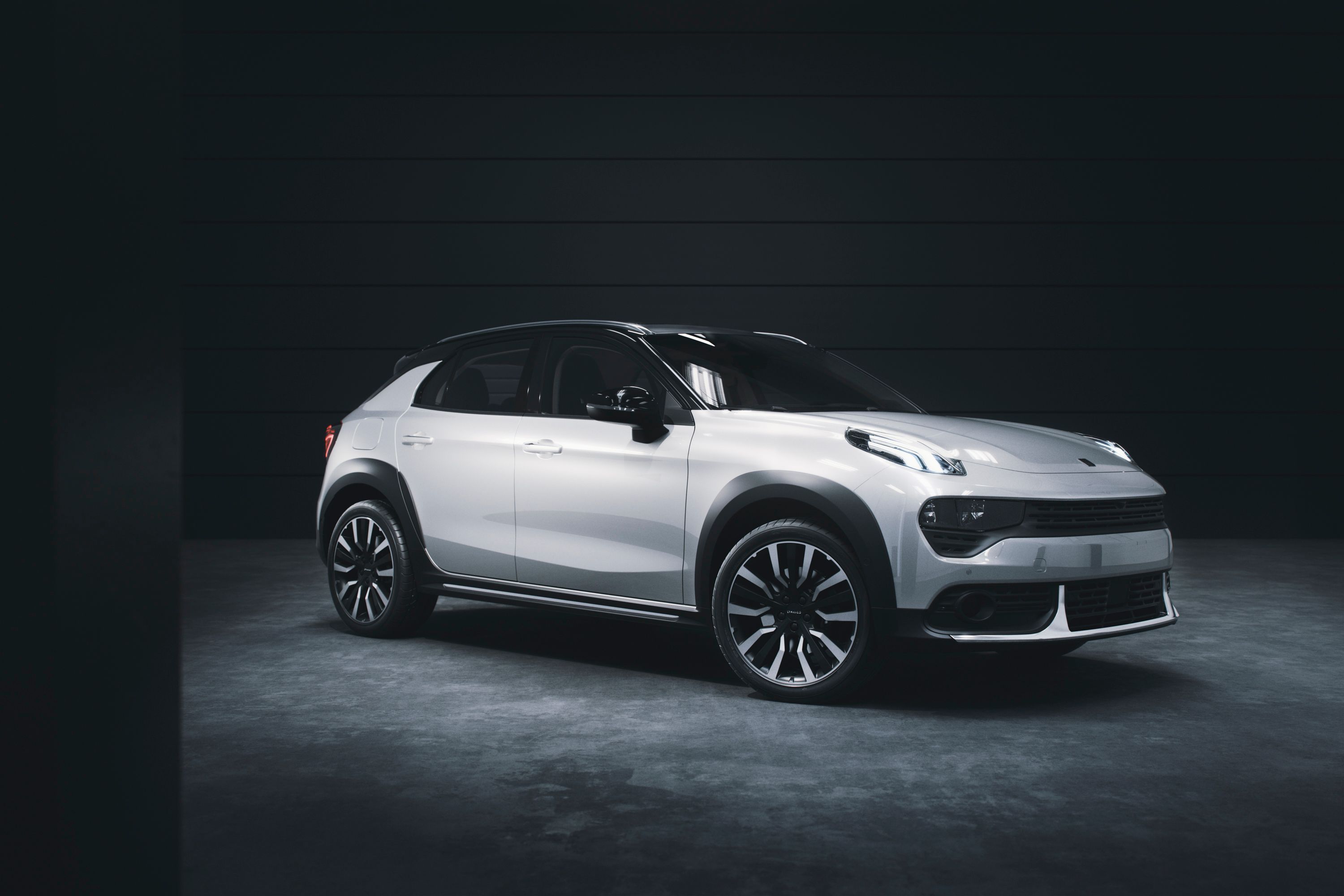These days in the car world, everyone is looking for “the next big thing,” whether it’s some new convenience technology, some new powertrain technology, or some new model to entice buyers. However, for Lynk & Co, it’s all of the above as it gears up to introduce new all-electric vehicles built specifically for the sharing economy. In a recent interview, Lynk & Co boss Alain Visser said it was focused on competing with ride-hailing apps like Uber and Lyft, rather than the old guard of traditional automakers.
Continue reading for the full story.
The Full Story
In case you were unaware, Lynk & Co is new brand first introduced in 2016 and owned by Geely, a Chinese-based automaker. The company is shaking things up by offering its various vehicles on a subscription basis, with terms between one to 36 months at a time. After use, the cars are updated, then put back into rotation at adjusted costs to subscribers.
Lynk & Co will also offer further app services for additional sharing options. For example, if you need to go out of town, you can use the app to offer your vehicle to other users at reduced cost to you, putting your car “to work” while you’re away. Conversely, you can hook up with other Lynk & Co user vehicles while traveling, which means no more rentals.
The company will focus primarily on younger, urban-based buyers looking to get into electric cars through a subscription service, rather than outright ownership. Lynk & Co will sell the service directly to customers through an online portal and through real-world stores, rather than second-hand through a dealership.
With a model like this, Lynk & Co is lining up to compete with ride-hailing companies, not necessarily other automakers.
According to a recent report from Autocar, that’s exactly the angle that Lynk & Co boss, Alain Visser, is taking. The company’s strategy came to light when Visser made a series of comments at an event in Amsterdam celebrating the launch of Lynk & Co’s European sales and the reveal of its new 02 crossover.
During the interview, Visser stated that Lynk & Co’s target audience included “people who don’t want to own cars,” later clarifying by saying, “Plenty of people love cars, but don’t want to own one.”
“We don’t see our competitors as Toyota, Volkswagen and Audi; we see them as the likes of Uber,” Visser said. “We are going to be competitive for a millennial that takes an Uber every day to go into the city to work.”
“Of course, if you ask our engineers they’ll say our competitors are Lexus and Audi, from a technology point of view. But from a brand point of view, it’s beyond the car industry.”
Although Lynk & Co is pioneering a brand-new business model, Visser isn’t worried. “We’ve done so much research to see that this will work and that people will go for this model,” he told Autocar. “All the information is that it’s a pretty resounding yes.”
Lynk & Co launched sales in China just last year, and services are expected to kick off in Europe very soon. Following hot on the heels of the European debut will be U.S. service, with a full rollout expected by 2023.
The company hopes to move as many as half a million cars annually, with about half allocated to the Chinese market, a quarter to the U.S., and a quarter to Europe.
As automakers race to bring new technologies to market to help entice new customers, sharing models like those of Lynk & Co could be a total game changer.
Clearly, many potential buyers (especially younger buyers) are put off by the high cost of owning a car, which includes not only the huge upfront expense, but also gas, maintenance, insurance, and more, all of which makes the prospect of ownership even more onerous. Any way to drive down those costs will surely be appreciated by those who would like a car, but can’t justify the enormous cost.
A shareable all-electric vehicle makes the most sense in an urban environment where traveling distances are short and potential sharing opportunities are numerous. After all, if you’re only putting a few miles on it a day, why pay the full price?
The obvious next step is a subscription service that utilizes fully autonomous driving technology, but we’re still probably a decade away from seeing that in any meaningful real-world application.
Either way, the Lynk & Co model is sure to generate a good amount of interest as it gets rolling. Rest assured - the industry is watching. If Lynk & Co is successful, more traditional automakers will likely follow suit.
Autocar0}
Read more about the Lynk & Co 01.
Read more about the Lynk & Co 02.

